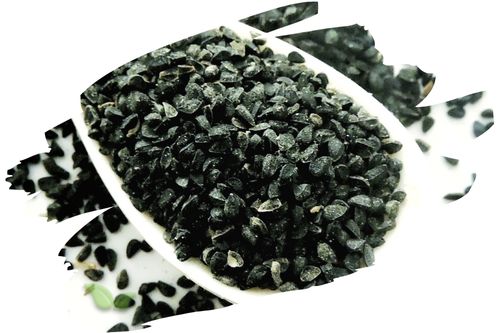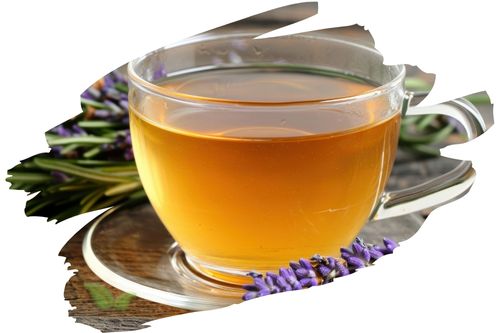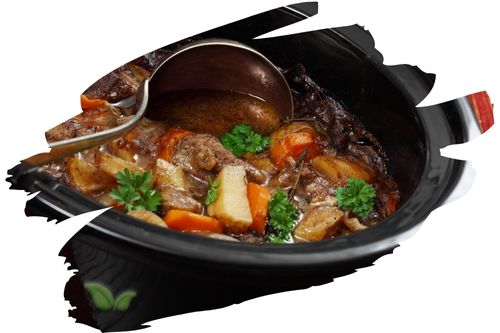
Spices have been used for cooking throughout human history, dating back to ancient civilizations such as Egypt, Rome, and China. Spices were highly valued for their medicinal and culinary properties, and were often traded along ancient trade routes.
In the Middle Ages, spices were considered a luxury item and were highly prized for their exotic flavors and aromas. They were used to flavor meats, stews, and soups, as well as to preserve food in the days before refrigeration. Spices such as cinnamon, ginger, and cloves were particularly popular in Europe during this time.
During the Age of Exploration in the 15th and 16th centuries, European explorers such as Christopher Columbus and Vasco da Gama sailed to distant lands in search of valuable spices. They established trade routes with Asia, Africa, and the Americas, bringing back spices such as black pepper, nutmeg, and cardamom to Europe. The spice trade played a significant role in shaping global politics and economics during this time, and helped to establish colonial empires in the New World.
In more recent times, the use of spices has become widespread around the world. Spices such as turmeric, cumin, and coriander are commonly used in Indian and Middle Eastern cuisine, while chili peppers are a staple of Latin American cooking. In the United States, herbs such as basil, thyme, and rosemary are often used to flavor dishes such as pasta sauces and roasted meats.
Overall, the history of seasoning reflects the importance of spices in human culture and cuisine. Spices have been used for thousands of years to add flavor and aroma to food, and continue to play a significant role in modern cuisine.
Alert: While spices can have many beneficial properties for health, using them for medical purposes should be done under the guidance and supervision of a healthcare professional or specialist. Some spices may interact with medications or cause adverse reactions in certain individuals, and it is important to use them safely and appropriately. If you are considering using spices for a medical condition, it is important to consult with a healthcare professional before doing so.




















































